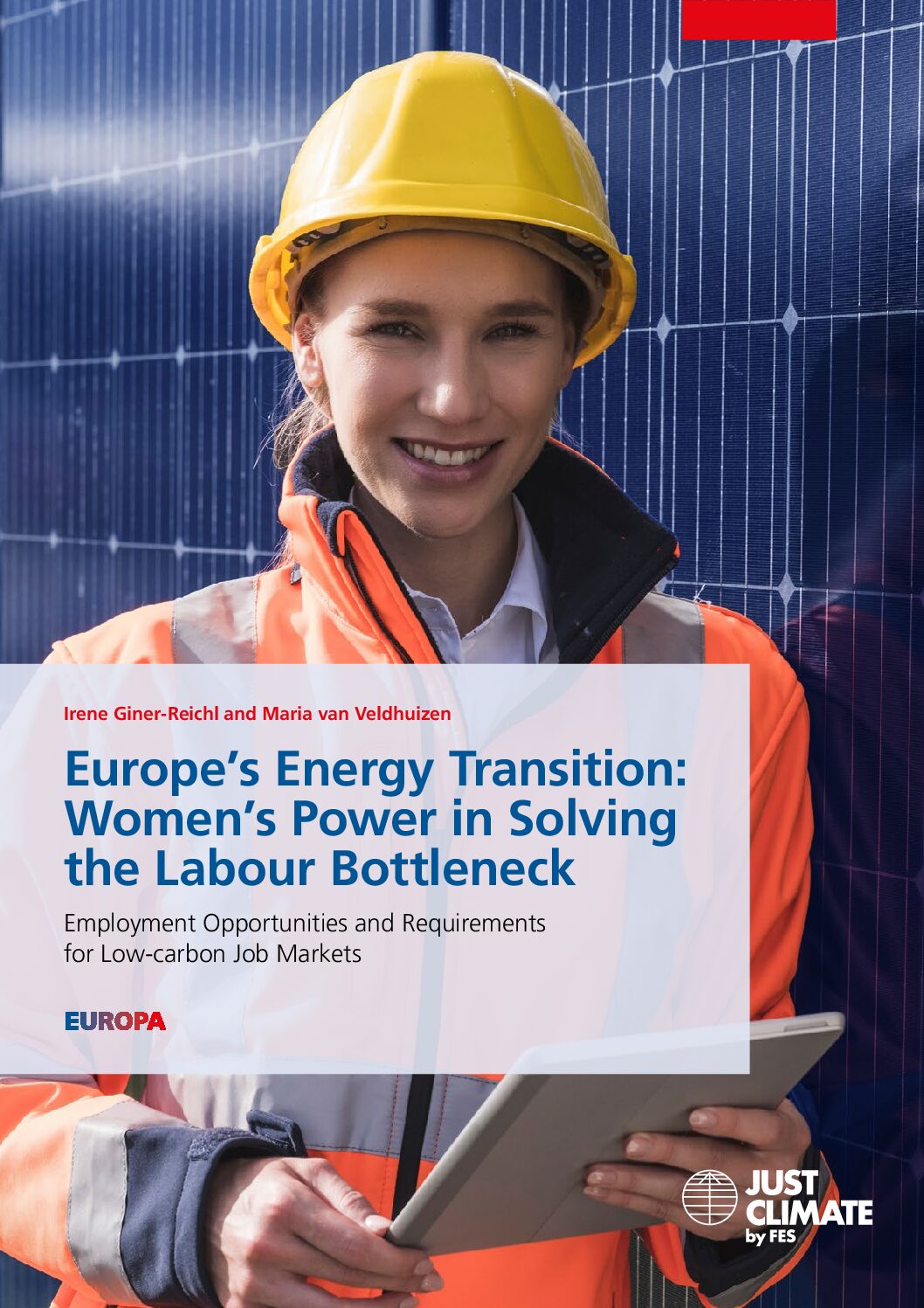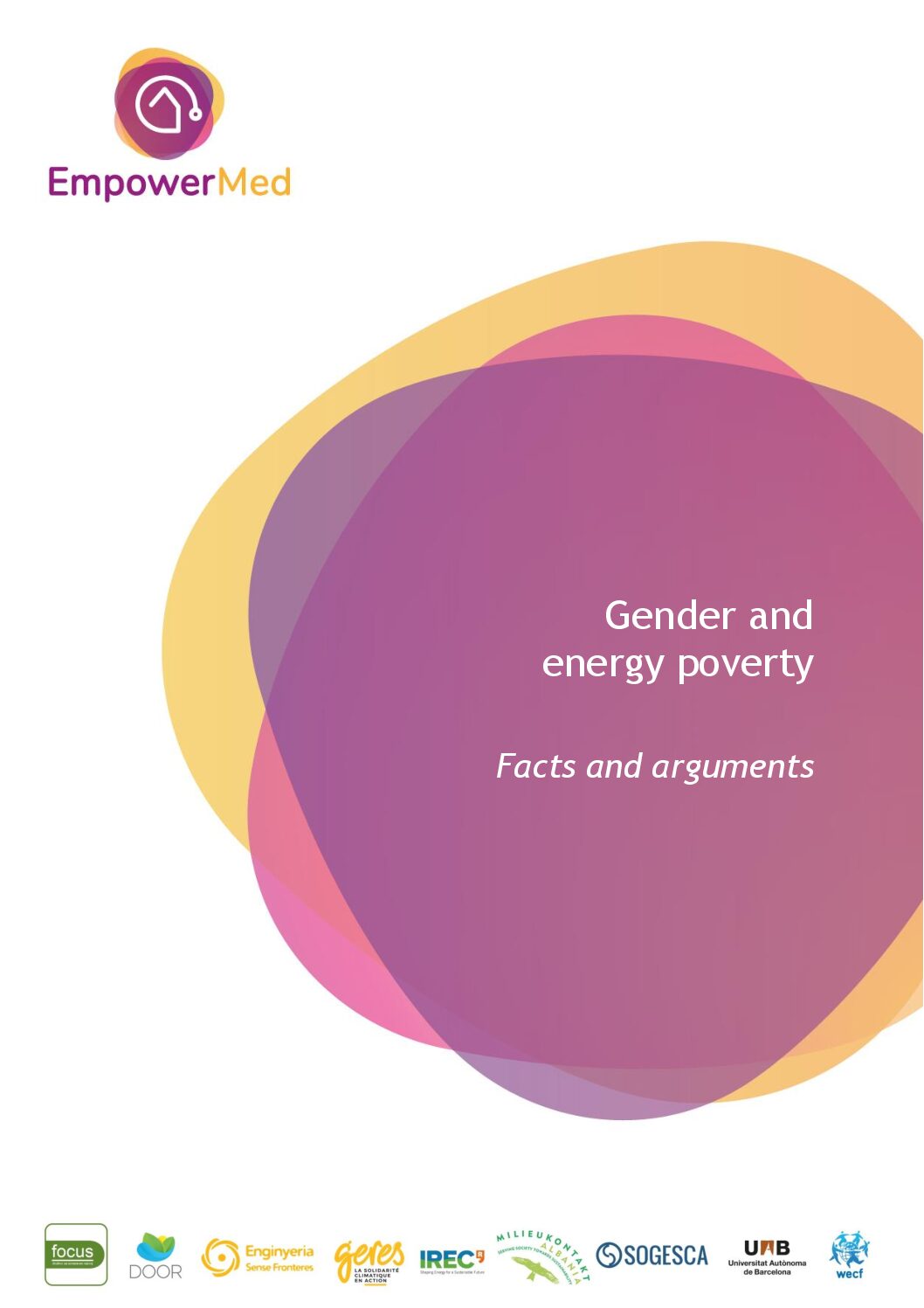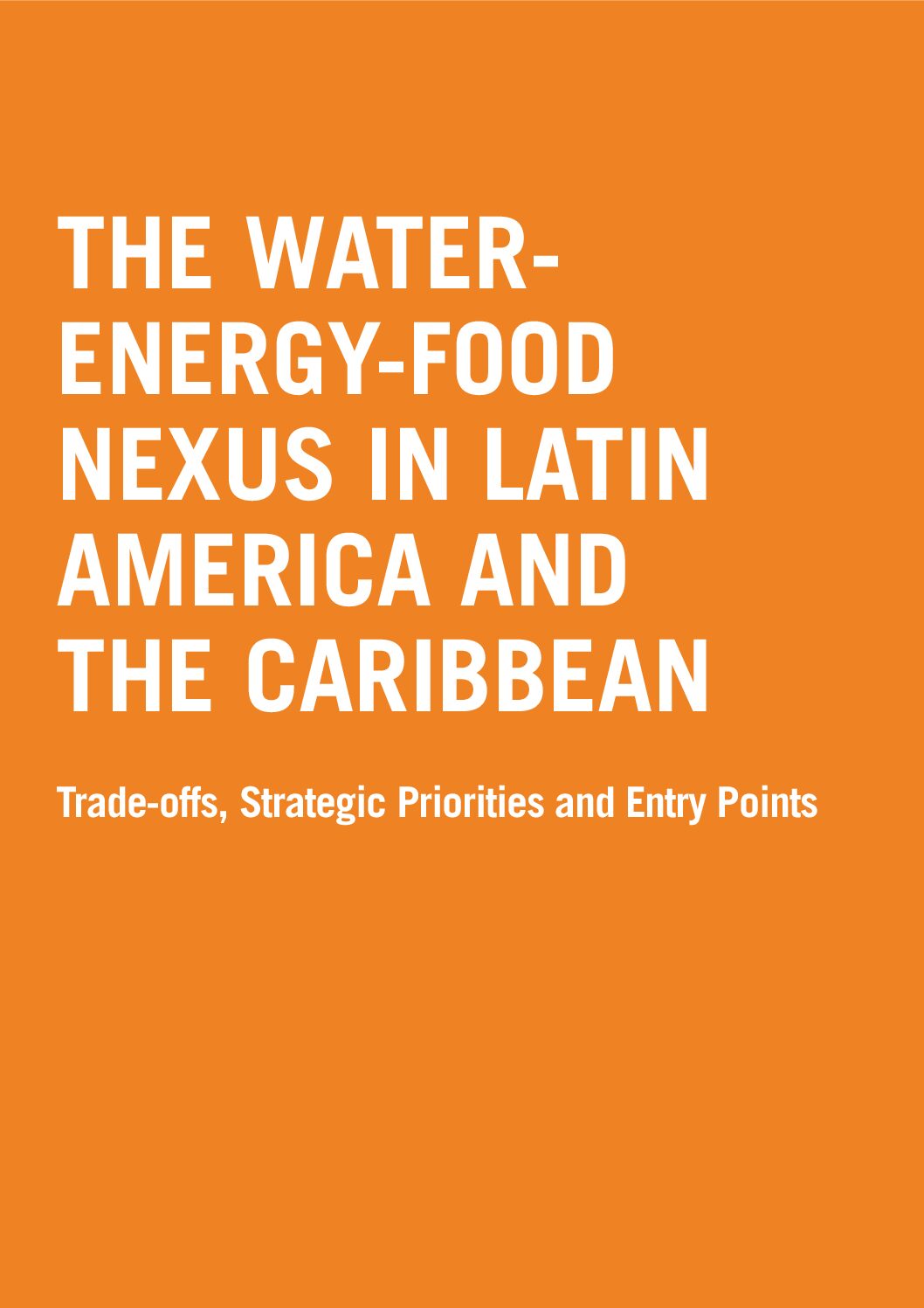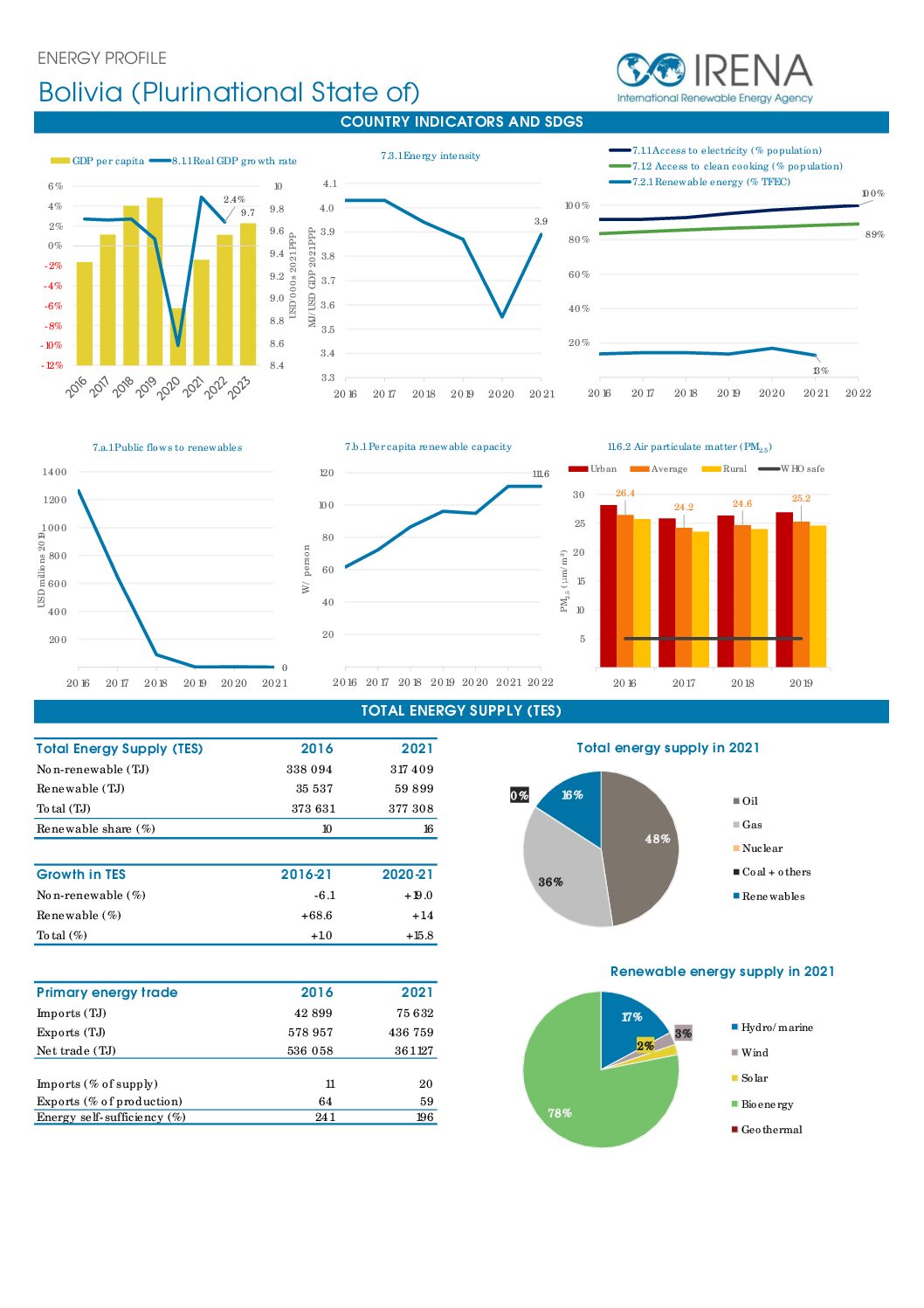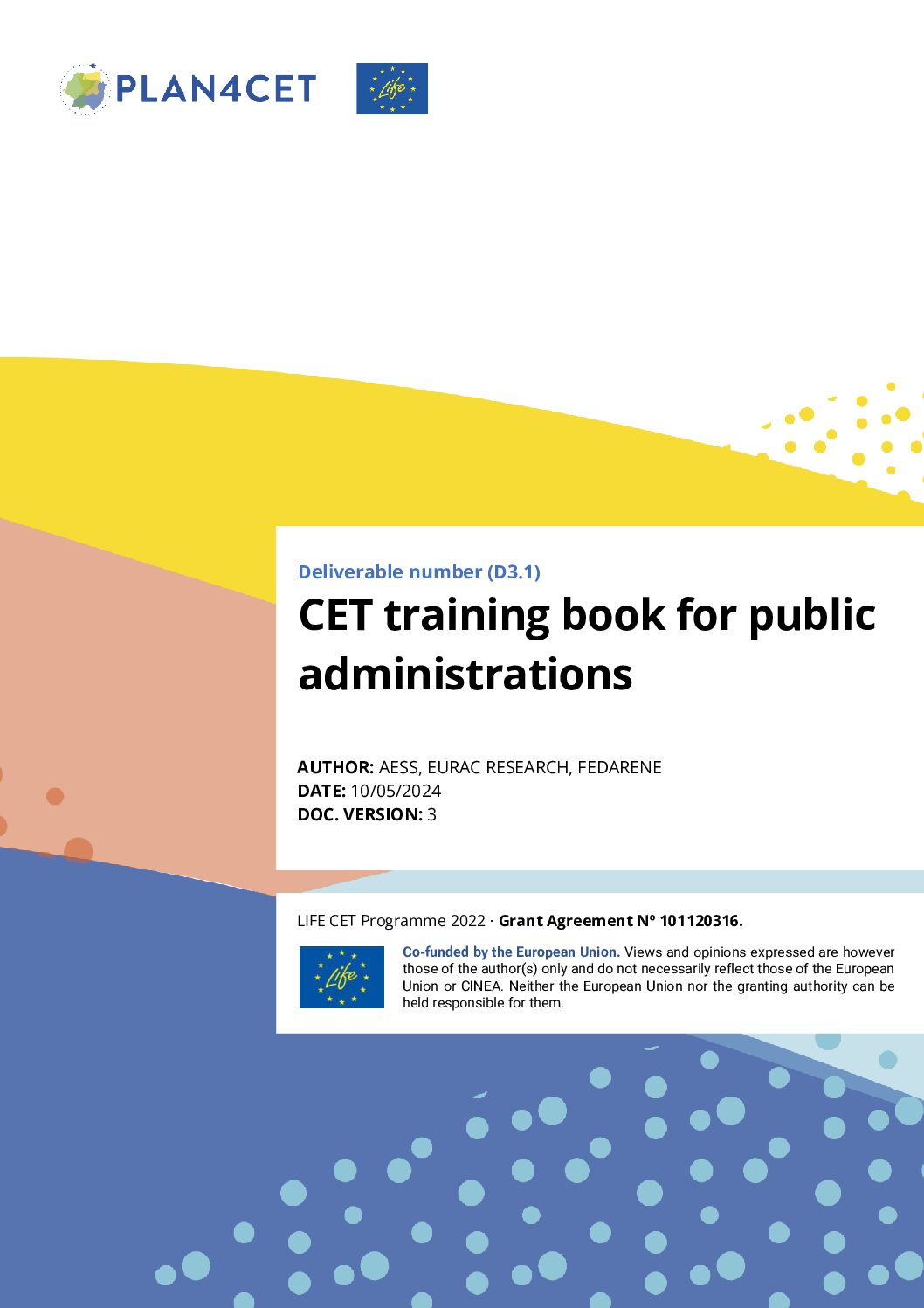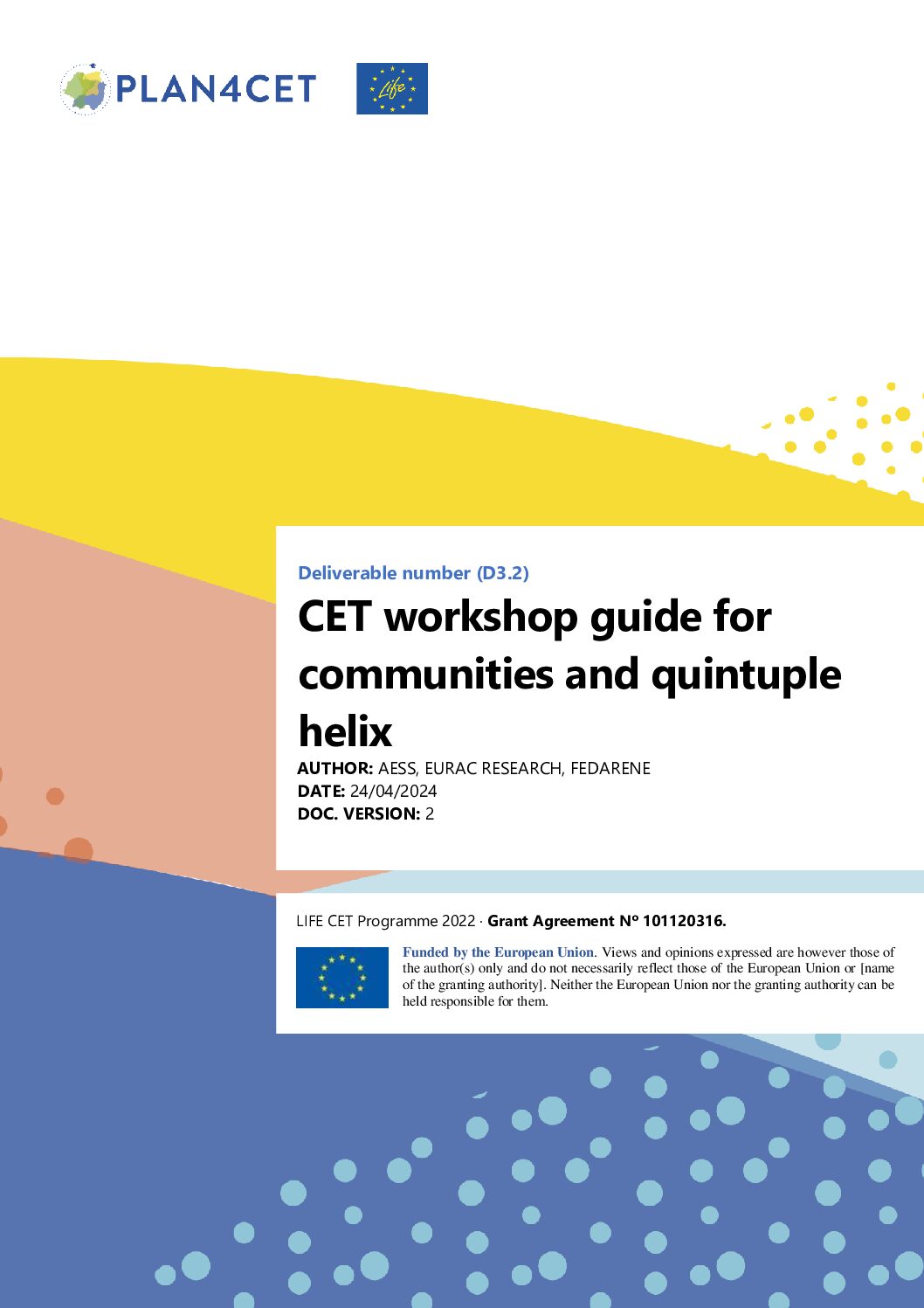This report investigates labour shortages for the energy transition in Europe and shows just how many more people will be needed in the energy sector by 2030 (See the table on p.4; example: over 600,000 new solar PV technicians and 150,000 wind engineers). On page 7, the report gives a quick overview of key arguments […]
This factsheet by the EU project ‘Empowering Women to take Action Against Energy Poverty’ (EmpowerMed) gives an overview of the different dimensions that should be considered when tackling gender and energy poverty.
This report provides an overview of the water-energy-food nexus in Latin America and the Caribbean (LAC), identifying the main challenges and opportunities for achieving water, energy and food security in the region.
This report analyses linkages in the water-energy-food-ecosystem nexus – essentially resource management trade-offs and synergies — in transboundary river basin settings. It draws on 36 nexus case studies from transboundary river basins in Europe, Asia, Africa and the Americas, providing lessons for transboundary management and cooperation.
This report analyses gender biases in renewable energy companies in Latin America.
This energy profile provides recent data on the energy sector of Bolivia, including generation mix,total generation, renewable energy potential and more.
This web page provides an overview of the energy sector of Bolivia, including data on the energy mix, energy use and emissions; and a policy overview.
This guide aims to accelerate the flexibility and responsiveness of learning systems by providing guidance on the design, issue and recognition of micro-credentials.
This Training book, developed by Plan4CET project partners, presents a capacity building curriculum on clean energy transition planning for local governments.
This guide equips local administrations with tools to raise the awareness and support the participation of stakeholders and citizens in Climate and Energy Transition (CET) planning and implementation.

